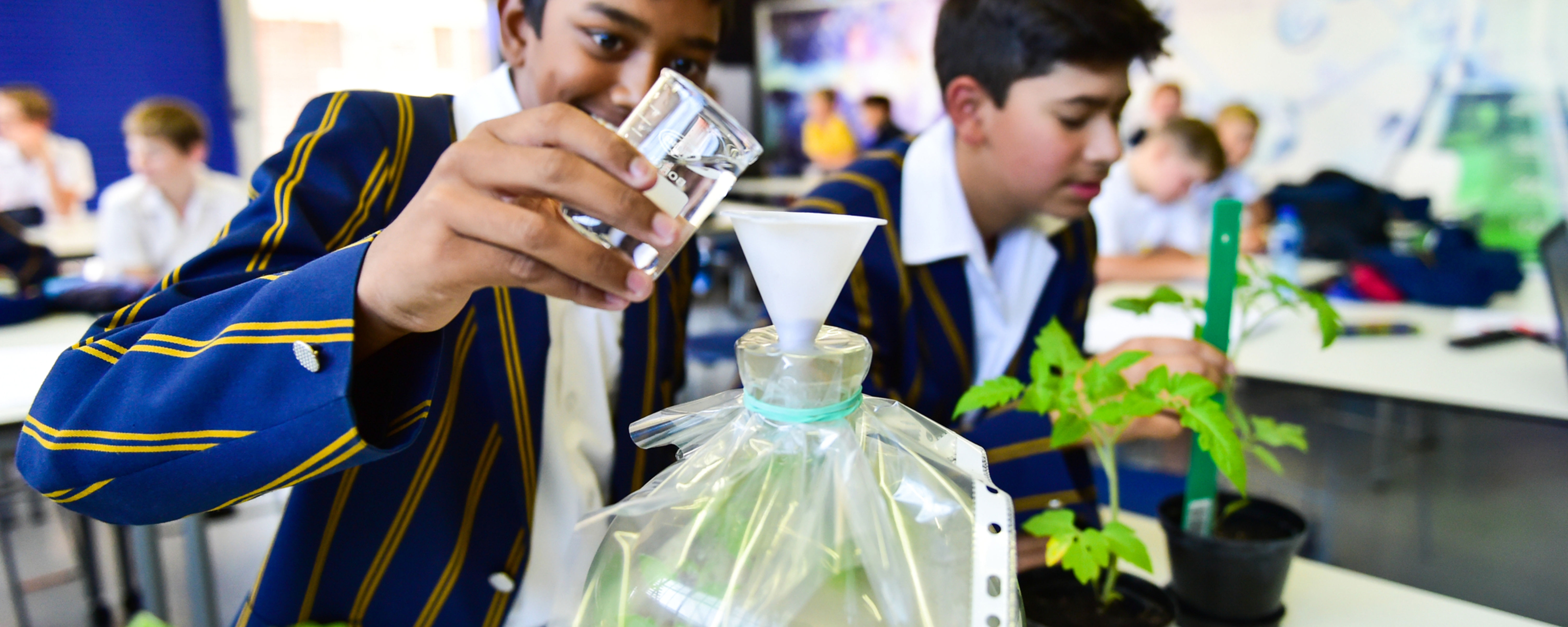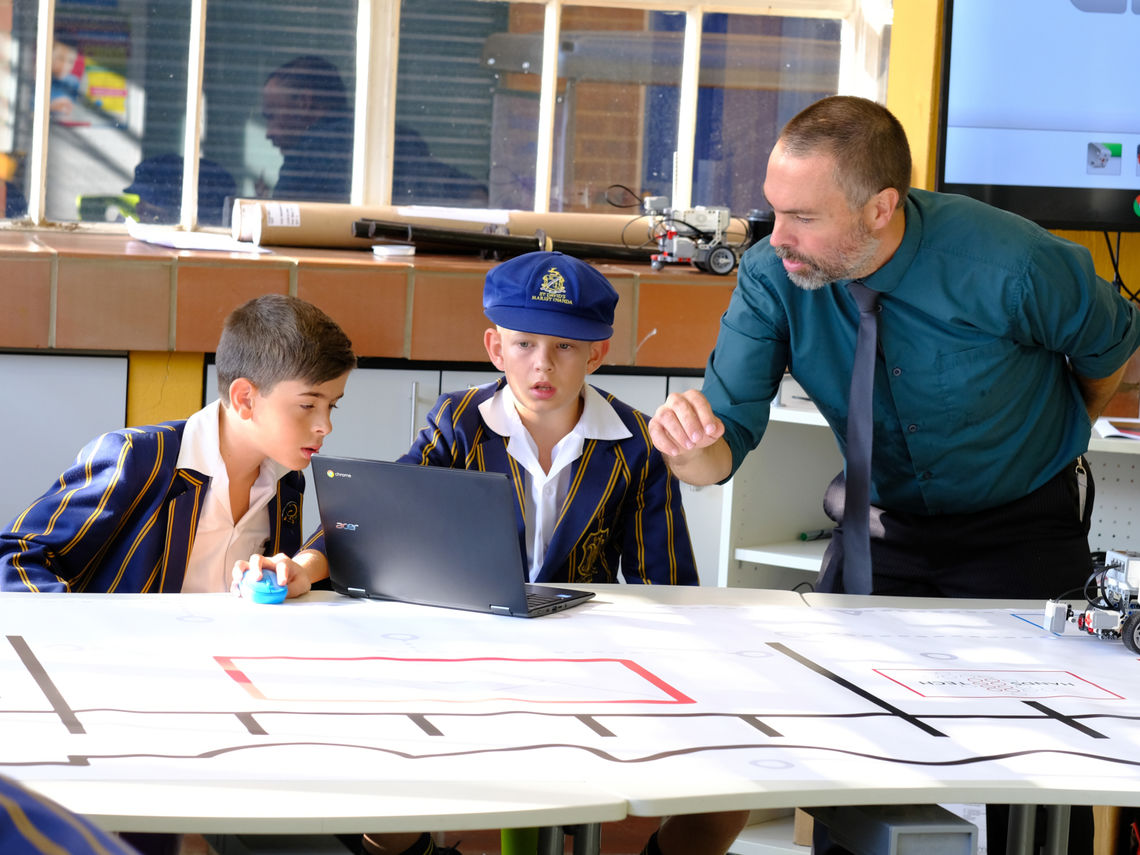
Academics

In both the Junior and Senior Preparatory phases, “St David’s recognises and values each student’s individual contributions. We provide a dynamic, inclusive and differentiated learning environment in which each boy can learn through experience. We endeavour to cater for our boys’ emotional needs, as it is the psychosocial emotions of a boy which affect the ability to learn effectively. We believe that each boy must be allowed to find his own path and be afforded the opportunity to learn through his unique individual learning intelligences. We support the principles of constructivism and inquiry-based learning, which enhance the educational experience of our boys. At every opportunity, we intentionally and explicitly incorporate the values of St Marcellin Champagnat with the desire that our boys will espouse these dispositions.” – Academic Philosophy of St David’s Marist Inanda
Constructivism is the belief that “knowledge is gained and cannot be given or transferred”. Learning is not the passive acceptance of knowledge that exists "out there". Learning involves the pupils actively engaging with the world around them. This means that concepts cannot simply be taught, but that the pupils need to be encouraged to develop their own strategies and methods. If we teach methods or tell children how to solve a problem, they will not develop their own thinking skills/patterns.
If children are free to work on their own, they will design their own method and consequently have a better understanding. Too many rules confuse a child and may hamper his understanding. Constructivism does not mean that pupils must teach themselves because teachers don't teach any more. With constructivism, teachers are facilitators, who lead pupils into developing an understanding of the subject and how it is interrelated with other subjects.

In Mathematics, in particular, teaching set methods or algorithms make pupils very good at arithmetic, not mathematics, i.e. they do not have to think. We must encourage self-learning and knowledge in Mathematics before rules are applied or added. The greatest sign of success for a teacher is to be able to say, “The children are now working as if I did not exist.” We have to allow our boys the opportunity to construct their own knowledge and understanding as they develop their individual methods and thinking (intelligences).
Our children face a future that is very different from ours. Computers already have replaced many traditional jobs. We need to develop thinking skills and not just computational skills.
We must also incorporate a degree of emotion when teaching new concepts, or elicit emotion from our students around a concept. Often, connecting the concept to their personal lives accomplishes this. Teaching should first use individual tasks to provide a personal connection. The teacher’s connection to a topic may not match a student’s connection.
Demonstration or getting the boys to explain is far more effective. Explaining reduces the emotion needed for changing the brain( cognitive schemes). It assists when moving from the concrete to the abstract, thus making learning visible. Small-group work, followed by larger group discussion and debriefing of the process, is an example of a brain-compatible learning plan.
Emotions directly influence attention, meaning, and memory, all of which are enhanced when we create lessons to engage emotions in a productive way. Humour/laughter (habits of mind) is great for engaging emotion and, importantly, reducing stress. Make learning fun. Eighty percent of learning difficulties are stress-related; remove the stress, and you remove the difficulty.







